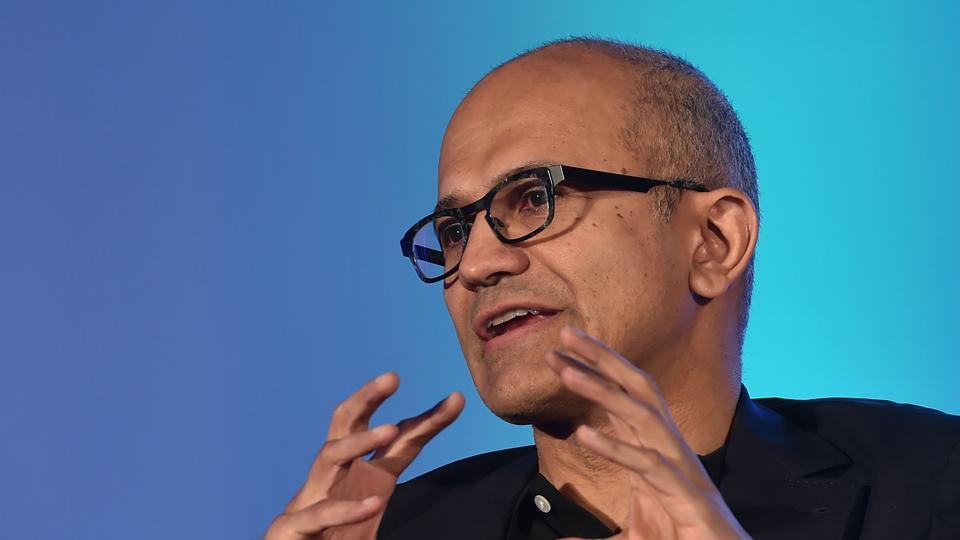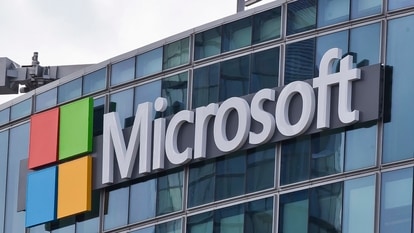Microsoft CEO Satya Nadella bets big on Quantum Computing
Satya Nadella predicts that Quantum Computing will help improve the futuristic mixed reality and artificial intelligence technologies.


Microsoft CEO Satya Nadella believes the next wave of digital revolution will come through quantum computing, a newer form of computing that is believed to be a lot faster and more capable than the existing computing systems.
"We celebrate so much about technological progress. But, there are some of the harder challenges that haven't been solved yet. For example, enzyme involved in food products cannot be modeled. A classical computer will be unable to do it, but with a quantum computer you can solve it," Nadella said during an interaction with former Indian cricketer Anil Kumble, at an event in New Delhi on Tuesday.
Nadella also weighed in on key technologies that he believes will lead to big shifts in the future. According to him, mixed reality, artificial intelligence (AI) and quantum computing are going to be the three key factors.
In his new book Hit Refresh, Nadella points out that these three currently independent threads will ultimately converge in the future where quantum computing will make AI mode intelligent and mixed reality will be more immersive.
"But the ultimate computing experience in my mind is what I describe as mixed reality. The idea that you can now in front of your eyes have both the real world and the virtual world and you can blend the two. To me, that's complete realisation of digital mirror of being there always. I am excited about what we are doing Hololens," he added.
It's not the first time the Microsoft CEO has expressed optimism about the Quantum Computing.
Quantum computers are new-age computing devices that are capable of solving much more complex queries such as modeling caffeine in a very short span of time, something that classical computers are unable to solve.
"We have had to assemble a world-class team. In fact, we've had to take a very novel approach of bringing together breakthroughs in math, fundamental physics, and computer science together, and put a system or get started on a journey to put a system that's going to be a truly scalable general purpose quantum computer," Nadella said in his keynote address at Microsoft's Ignite conference in September.
Microsoft, however, is not alone in its quest to drive the next digital revolution through Quantum Computing.
Technology giant IBM has built a commercial version of universal quantum computers for business and science. Named IBM Q, the system is based on a new approach to simulate molecules on a quantum computer.
"There are certain problems that classical computers will simply never be able to solve. Consider the caffeine molecule in a cup of coffee. Surprisingly, it's complex enough that no computer that exists or could be built would be capable of modeling caffeine and fully understanding its detailed structure and properties. This is the type of challenge quantum has the potential to tackle," IBM explains on its website.
Countries like the UK are already looking to become a major hub for quantum computing. According a report, the country will soon have a mega research centre focused on the newer computing technology. Quantum Technologies Innovation Centre (QTIC) is set to open in 2021 and will have more than 200 researchers on-board who will be developing new prototypes and carrying out research into quantum computing.
Back in India, the Department of Science and Technology (DST) is reportedly planning to initiate a project on quantum computers. According to a report by The Hindu, academic institutions including IISc, Bangalore, and Harish Chandra Research Institute, Allahabad have made some strides in this direction, but have been limited to theories.
Catch all the Latest Tech News, Mobile News, Laptop News, Gaming news, Wearables News , How To News, also keep up with us on Whatsapp channel,Twitter, Facebook, Google News, and Instagram. For our latest videos, subscribe to our YouTube channel.


























